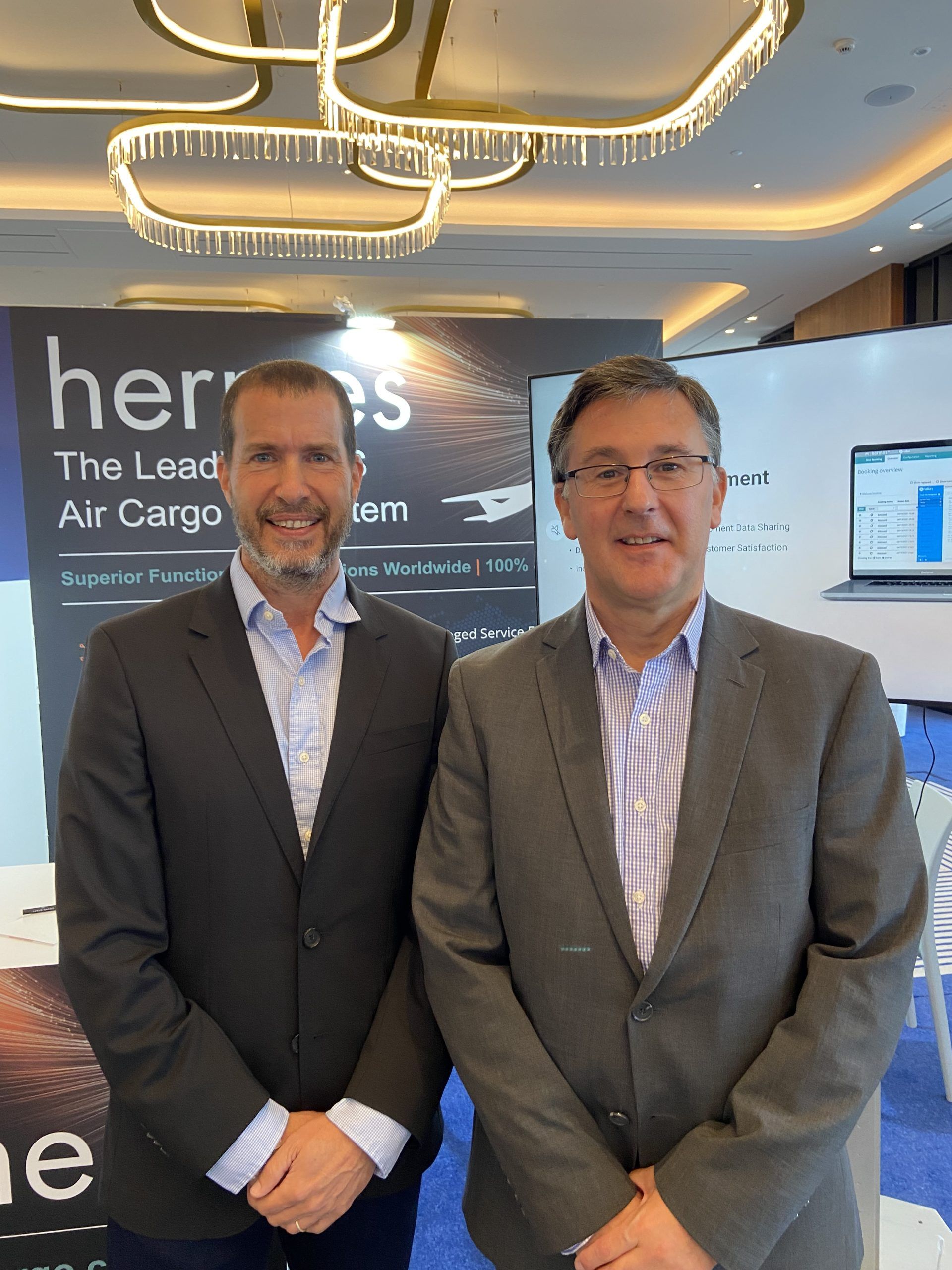The Top 5 benefits of using a cloud-based cargo management solution
To meet the growing demands and challenges of the air cargo industry, innovative technology solutions are imperative. The introduction and rollout of cloud-based solutions is, and, will continue to be a game-changer transforming the air cargo sector.
Utilising a cloud-based solution, such as the Hermes Software as a Service (SaaS) Ecosystem, is not only the most advanced but also the most secure way of integrating and operating within the air cargo landscape.
Benefit 1: Unleashing scalability and flexibility
The air cargo industry is notorious for its fluctuations in demand. Peaks and troughs in cargo volumes can place immense pressure on legacy systems, leading to inefficiencies and operational bottlenecks. This is where cloud-based solutions come into their own.
Consider a scenario where the holiday season leads to a sudden surge in cargo shipments. Using the Hermes SaaS Ecosystem, airlines and cargo handlers can effortlessly scale up their resources to accommodate the increased throughput without disrupting ongoing operations.
Within the cloud, airlines, GHAs and other stakeholders, can seamlessly adjust their IT resources based on demand. This elasticity ensures that operations run smoothly during spikes in traffic and allows for cost savings during quieter periods.
Benefit 2: Enhanced security and reliability
Security is paramount in the air cargo industry, where sensitive information such as shipment details, Customs documentation, and compliance records must be safeguarded.
Contrary to common misconceptions, cloud-based solutions offer robust security measures that often surpass those of traditional systems, as they can provide continuous monitoring and regular security audits.
The cloud’s centralised security approach has integral protection against data breaches, as opposed to scattered on-premises solutions.
3. Unparalleled Cost-Efficiency
Cloud-based ecosystems can significantly reduce the need for substantial upfront investment in IT infrastructure, as well as eliminate the expense associated with maintaining and upgrading on-premises hardware and software.
Using the Hermes SaaS Ecosystem, cargo handlers can leverage a pay-as-you-go model, paying only for the resources and services used. This cost-effective approach allows businesses to allocate resources more efficiently and focus on their core business of processing cargo.
4. Increased collaboration and accessibility
Traditional on-premises cargo systems may hinder real-time information sharing. Cloud-based solutions bridge gaps by enabling seamless collaboration and accessibility across entire operations.
In the Hermes SaaS Ecosystem, data is stored centrally and securely in the cloud. This allows authorised parties to access and update information from any location and device with an internet connection. For instance, a situation where a cargo shipment’s priority needs to be modified due to unforeseen circumstances, the Hermes SaaS Ecosystem can be updated, and relevant parties instantly notified, minimising disruptions.
5. Greater analytics and insight capabilities
Extracting meaningful insights from the vast amount of cargo-related data leads to a competitive advantage. Cloud-based solutions empower the air cargo industry with advanced analytics and predictive capabilities.
Hermes Business Intelligence is a good example of how cloud-based solutions can capture, process and display the historical data Hermes CMS generates. This aids airlines, cargo handlers and their partners to optimise their operations, making more informed decisions.
For example, using historical data, the system might predict that during a certain time of year there will be increased demand for perishable goods to specific destinations. This insight can guide cargo planning and resource allocation.
Ready to get started with a cloud solution? Find out more here.


